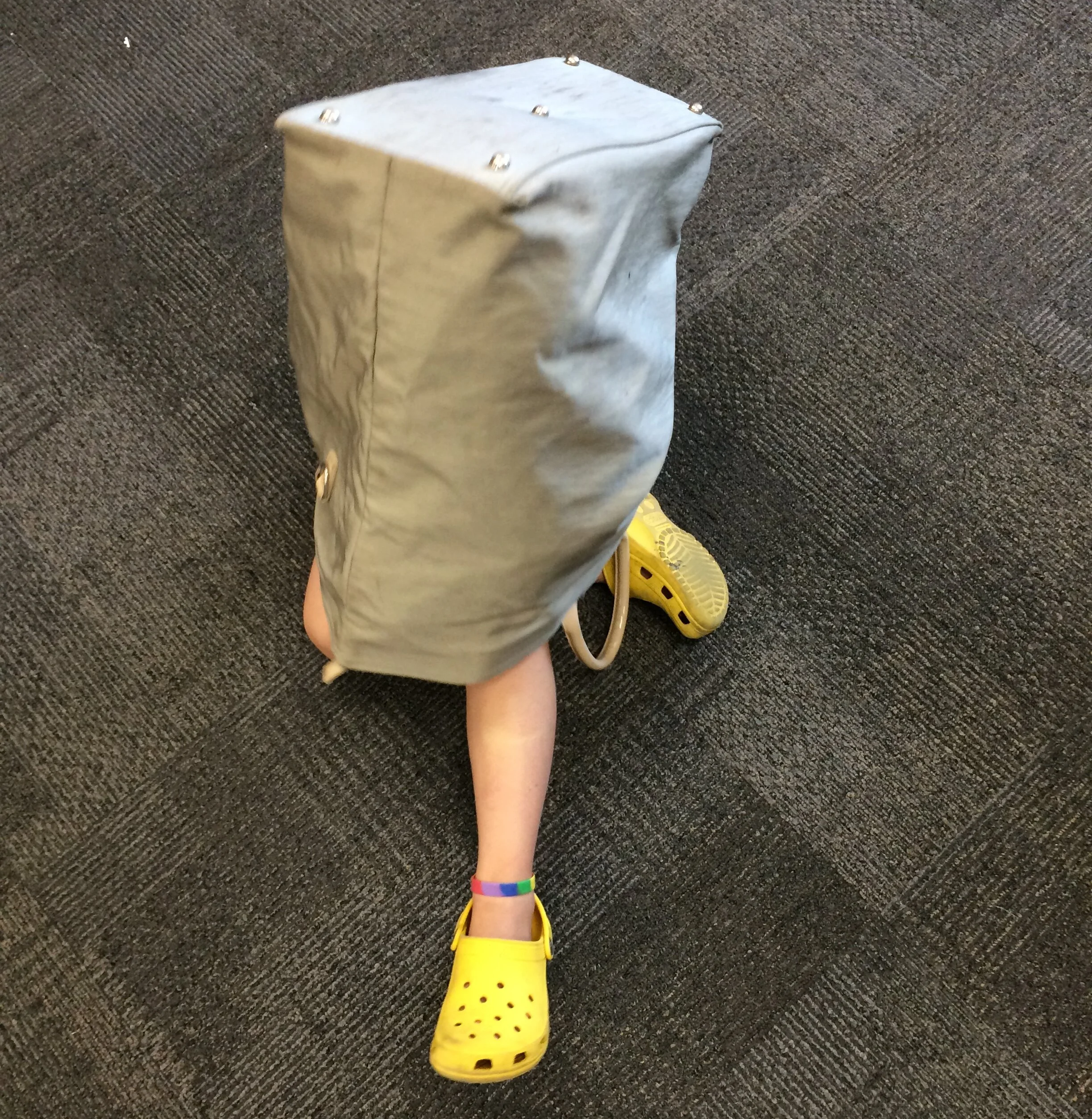Who would I be without my disturbing thoughts?
A reminder to use the 4 questions of The Work by Byron Katie to experience freedom - right now
photograph by the author
Internalizing the 4 questions of The Work by Byron Katie supported my ability to get out of overwhelming feelings and negative thought circles, rather quickly. I experience awareness of the choices I have, when it comes to my own thinking. More and more I enjoy being present in the Now.
Let’s go through the 4 questions of The Work by Byron Katie using a real-life example. You can apply the questions in your thoughts. Sometimes it helps to write.
Example: I am yelling at my son for not getting on the train quickly. I get angry about him not respecting my plans to be on time. In my thoughts I accuse him for not respecting me. I boil with rage. 3 minutes later I feel sorry. I realize my thoughts were not real. I apologize. We calm down. We enjoy our day together.
Question 1: Is it true?
Before getting angry and accusing my son in my thoughts or - even worse – with words, I should have stopped immediately to ask myself: Is it true?
Is it true that my son is not respecting my plans or me as a person?
Probably not. I have no evidence. The only fact there is at this moment, is that he has difficulties to quickly board the train.
Question 1 makes me stop my stream of thoughts. Inhale. Exhale. I extract my disturbing thought from the rest of the situation. “Disturbing Thought” are you true?
Question 2: Can I absolutely know that it is true?
It took me a while to not skip the second question of The Work, as it seems repeating the first one. Yet the shift to “absolute” re-evaluates the thought on an even deeper level.
Can I absolutely know that it is true, that my son is not respecting my plans and therefore not respecting me as a person?
By reflecting on the absoluteness of this thought, I realize how absurd it is to even think it. I have a 12-year proof of a loving relationship with my son. At this moment he is not doing anything to attack me. The seconds of an unorganised boarding of the train are not related to our mutually loving relationship.
Question 2 distances me from my thoughts. My thoughts are not absolute, they are momentary. Question 2 helps me to overcome the toxicity of absoluteness expressed in words like always or never.
Question 3: How do I react, what happens, when I believe that thought?
Question 3 shifts the focus. I am no longer my thought. I am observing myself react to a thought. I am asking myself, what is happening to me when I think that thought?
How do I react, what happens, when I believe that my son is not respecting my plans and me as a person?
I react with anger. I react with disappointment. I start yelling. I hurt my son. I begin to mistrust our relationship. I feel disapproved. I am losing my self-worth.
Question 3 makes me aware of the effects of a thought. The question decodes the arising feelings as not given, but as an occurrence that I can observe, approve or disapprove. Do I really want to think this way? Do I want to experience such feelings? I realise that I have a choice.
Question 4: Who would I be without that thought?
Question 4 brings liberation. Who would I be without my disturbing thought?
Who would I be without thinking that my son does not respect me?
I would be a loving, caring, relaxed mom. I would live in the moment. I would feel love and respect for my son and myself. I would enjoy boarding the train with him and look forward to the rest of the day.
Question four reveals the choice I have at any given moment. I can choose to stick to a thought that makes me (and my son) miserable. Or I can choose to let it go. It is that simple. Question 4 connects me to my un-disturbed source, my inner wisdom.
Let’s practice together. One thought at a time:
Question 1: Is it true?
Question 2: Can I absolutely know that it is true?
Question 3: How do I react, what happens, when I believe that thought?Question 4: Who would I be without that thought?
More on Byron Katie and The Work and useful worksheets under https://thework.com/instruction-the-work-byron-katie/
Please notice that this article is inspirational, not medical nor psycho-therapeutic advice.
Enjoy life. Thank you for reading.
